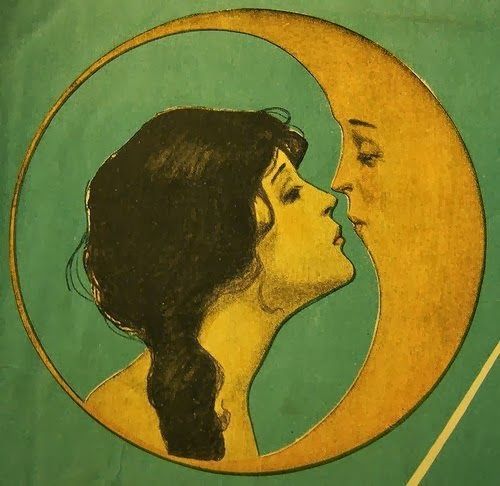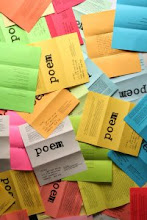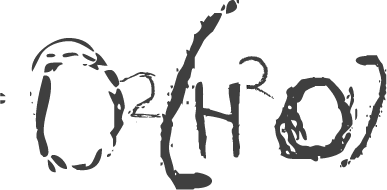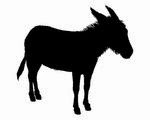Joel
William Vaughan was good enough to provide the first review of Simina Banu’s Tomorrow, adagio (2019) over at Broken Pencil. Thanks so much!
Banu, or her designer, has appropriately flipped
a scribbled bust of 19-century Romanian poet Mihai Eminescu on its head. “The
pieces in this chapbook are phonetic, visual and (at times) literal ‘translations’
of the following poems,” reads her paratext, listing nine of Eminescu’s
originals. Tomorrow, adagio calls into question the purpose of
translation – a process whose limitations have plagued and inspired writers as
long as there’s been more than one spoken tongue. Banu’s subtitle pulls no punches
in its loose approach to translation: these are original poems, “inspired by
the work of Mihai Eminescu.”
I
love the concept, but gestural translations gets away from me. Without an
understanding of the Romanian originals, one cannot know when the text is phonetic,
visual, or literal translation. The experience can be hard to follow: “A
Russian yes, fierce data,” reads “From the strainer,” “O native land: my, my, /
Some pot, to cook in, smoke, / bang, riot.” The title poem, “Tomorrow, adagio,”
is similarly irreverent: “Tomorrow clips toes into the rice,” it reads, “evolution
having decided we don’t need that filth. / I drink it anyway, wear old jeans
and don’t / order the cabbage rolls.” I appreciate the exercise, and am
interested in Banu’s exploring the bounds and motivations of literary
translations – but on the ground, rhyme and reason go a long way. Without that,
I fear one line lacks any impact on the one that comes after it.



















